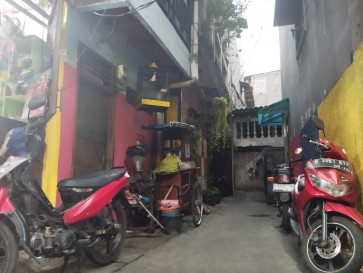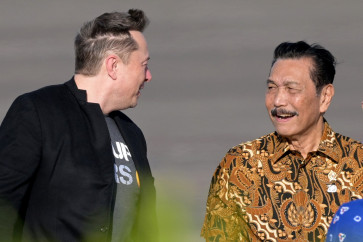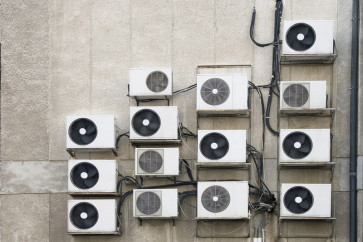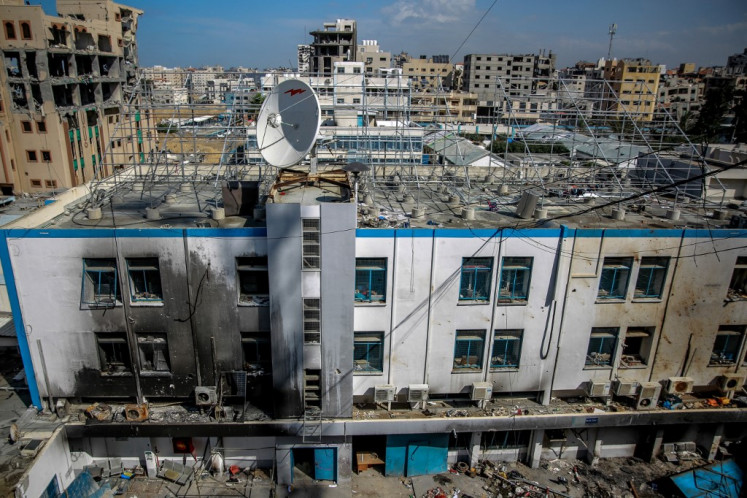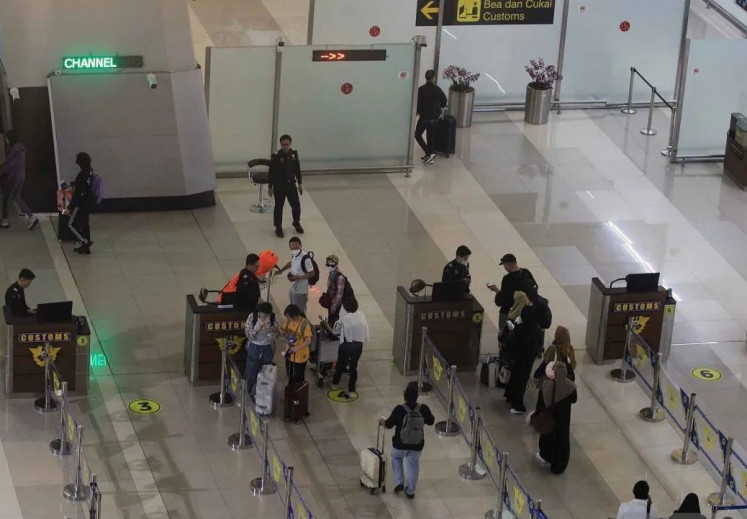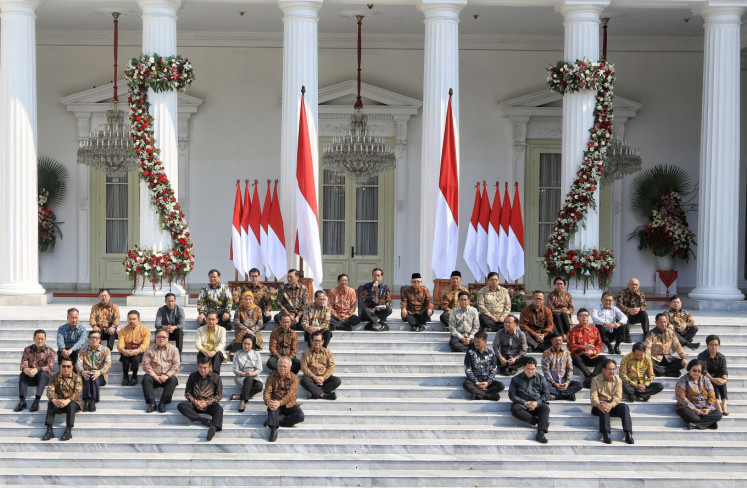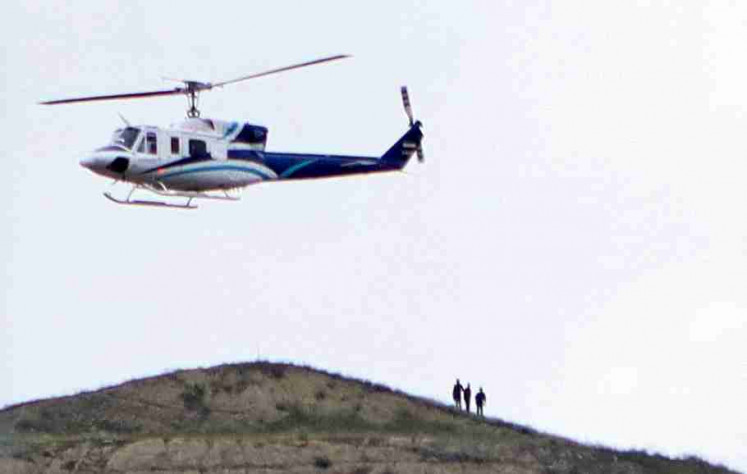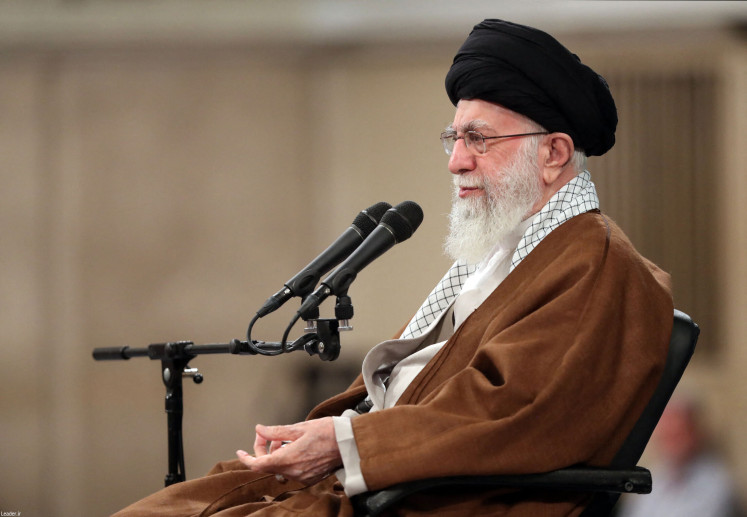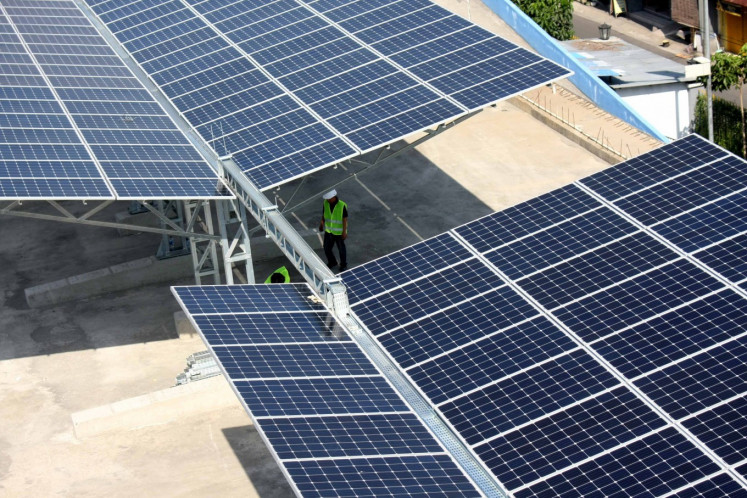Subak Teba Majalangu ecotourism, a protective solution for land conversion
Subak ecotourism can help prevent land conversion. For this research, we specifically studied Subak Teba Majalangu, Kesiman, Denpasar, Bali.
Change Size
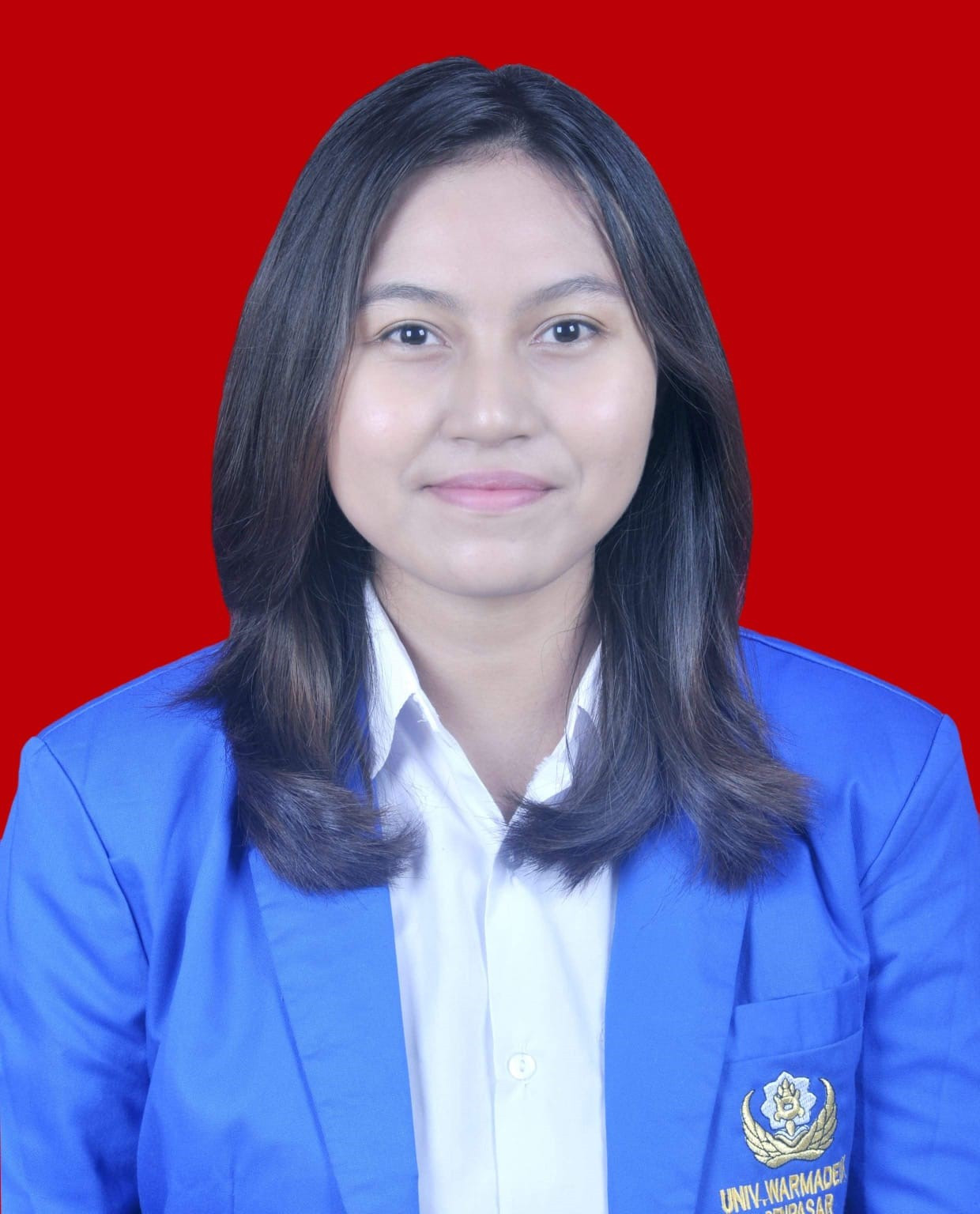
B
ali is one of the main tourist destinations for domestic and foreign tourists. The richness, natural beauty and diversity of arts and culture are the main attractions. Therefore, the tourism sector in Bali is highly relied upon by the Bali provincial administration and the Balinese people as the driving force of the Balinese economy. One of the tourist attractions and cultural heritage items of Bali is subak. Subak is a Balinese local wisdom organization that deals with the irrigation system of agricultural in a traditional way. Subak is not just a rice field irrigation management organization, it is also part of the Balinese identity, which has been designated as an item of world cultural heritage by UNESCO. Currently, subak is on the verge of extinction due to the reduction in agricultural land caused by land conversion, which is increasing over time. To overcome this, innovations are needed that support agriculture as a tourism partner, with the aim of reducing land conversion. One of the proposed solutions is through the development of ecotourism, which is a form of tourism that is responsible for the preservation of nature and makes a positive contribution to the welfare of local communities. Ecotourism is expected to reduce the conversion of rice fields.
Subak Teba Majelangu ecotourism
Subak is an irrigation system that has been used for generations to cultivate agricultural land. It is a customary law community that is socially religious in nature and has historically grown and developed as an organization in the field of water use at the farm level. The system is viewed as a technological system that has become part of the culture of the local community, such a system is also cited as a technological system that has developed into a cultural phenomenon. Subak can be viewed as a system of commensurate technology and also as a cultural system. Because the subak system is seen as a technological system, it has the ability to be transformed to other areas. Meanwhile, because the subak system is seen as a cultural system, it has subsystems such as mindset, social aspects and artifacts. Apart from being an irrigation system, subak also has the potential for sustainable ecotourism. Ecotourism is an activity that pays full attention to the preservation of the natural environment, cultural uniqueness and realizes welfare for the surrounding community. One example of subak ecotourism that is still active in Bali is Subak Teba Majelangu. It is one of the ecotourism destinations owned by Kesiman Kertalangu village, which is located in the Kertalangu Cultural Village. Carrying the concept of Balinese agricultural education, Subak Teba Majelangu introduces various agricultural tools, agricultural methods to practice in the field.
Protection of Subak Teba Majelangu from land conversion through ecotourism
According to Presidential Regulation No. 59/2009, rice paddy conversion is the conversion of paddies either permanently or temporarily. In the last four years, there has been a significant increase in land conversion, especially in agricultural areas in Denpasar city. In 2016, farmland in Denpasar amounted to 2,444 hectares, but in 2017 it decreased to 2,409 ha. In 2018 this decreased again to only 2,170 ha. In 2019, the remaining agricultural land in Denpasar City was only 1,958 ha. Subak has also decreased in various sub-districts. In East Denpasar, there are only 14 subak with a total area of 616 ha. In North Denpasar, there are 10 subak with a total area of 589 ha. In West Denpasar, there are only eight subak with an area of 2,017 ha, and in South Denpasar, there are 10 subak of only 536 ha.
Based on this data, the area of sustainable agricultural land in Denpasar city has decreased significantly. In Article 1 paragraph 7 of Law No. 41/2009, what is referred to as a sustainable food agriculture area is an agricultural cultivation area, especially in rural areas, which has an expanse of sustainable food agriculture land and/or an expanse of sustainable food agriculture reserve land and its supporting elements with the main function of supporting national food independence, security and sovereignty. In this context, the application of the ecotourism concept is a promising solution to protect green agricultural areas, such as subak, from the threat of land conversion. By integrating sustainable food agriculture tourism activities, such as education about Balinese agricultural practices, Subak Teba Majelangu is one example of subak ecotourism that is still active in Bali.
Subak Teba Majelangu is an ecotourism destination that successfully combines Balinese agricultural education, environmentally friendly management and direct interaction with local communities. It is funded by the village budget and assisted by CSR from companies such as Astra. The success of Subak Teba Majelangu in developing ecotourism lies in innovative activities such as learning about agriculture, a subak museum, interaction with animals and exhibition of organic seeds. Through these activities, Subak Teba Majelangu provides an exciting experience for tourists, while promoting natural preservation, cultural uniqueness and the welfare of the local community. Thus, Subak Teba Majelangu is an ecotourism destination that combines education, environmental preservation and community welfare holistically.
Based on the data and information presented, it can be concluded that the conversion of agricultural land in Denpasar city, especially subak areas, has increased significantly in recent years. This poses a threat to the sustainability of agriculture and food security in the region. Therefore, measures are needed to protect green agricultural areas from the threat of land conversion. The application of the ecotourism concept is a promising solution in protecting agricultural areas, such as subak, from land conversion. By integrating sustainable agricultural tourism activities, such as education about traditional agriculture, irrigation water management and the subak life to tourists, it can provide an additional source of income for farmers and local communities. The ecotourism approach can also raise awareness of the importance of preserving subak as a valuable cultural heritage and ecosystem. The development of ecotourism in agricultural areas requires an active role from the government, local communities and tourism actors. The government needs to take a role in establishing policies and regulations that support the development of ecotourism in agricultural areas.
Ni Luh Ari Andini Adnyana, law student at Warmadewa University


